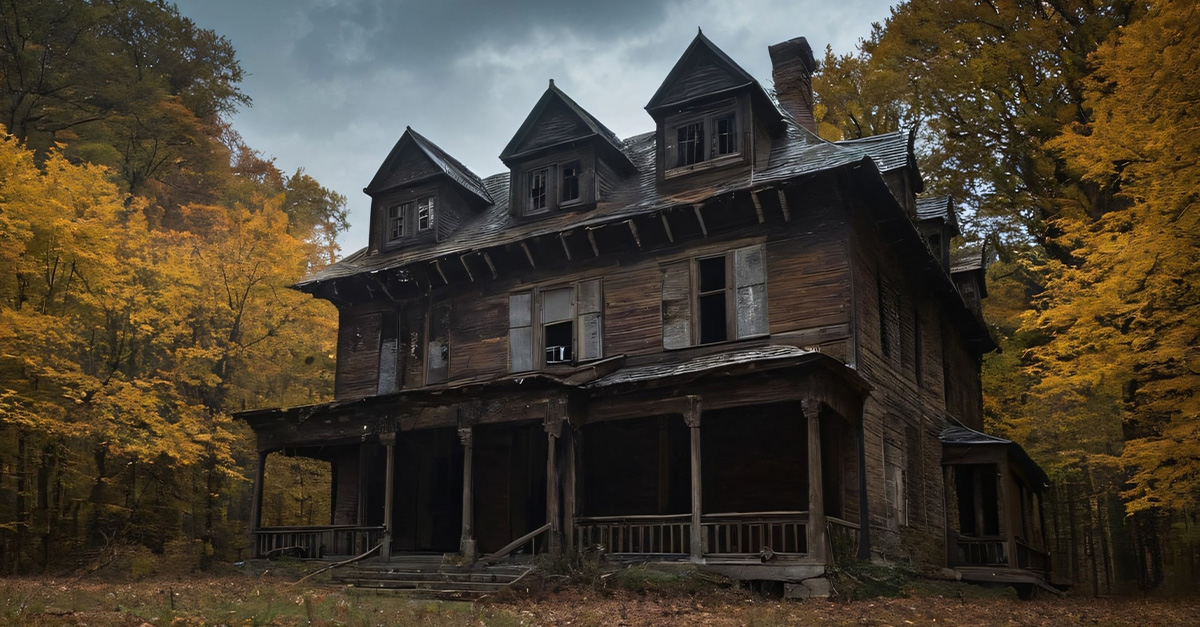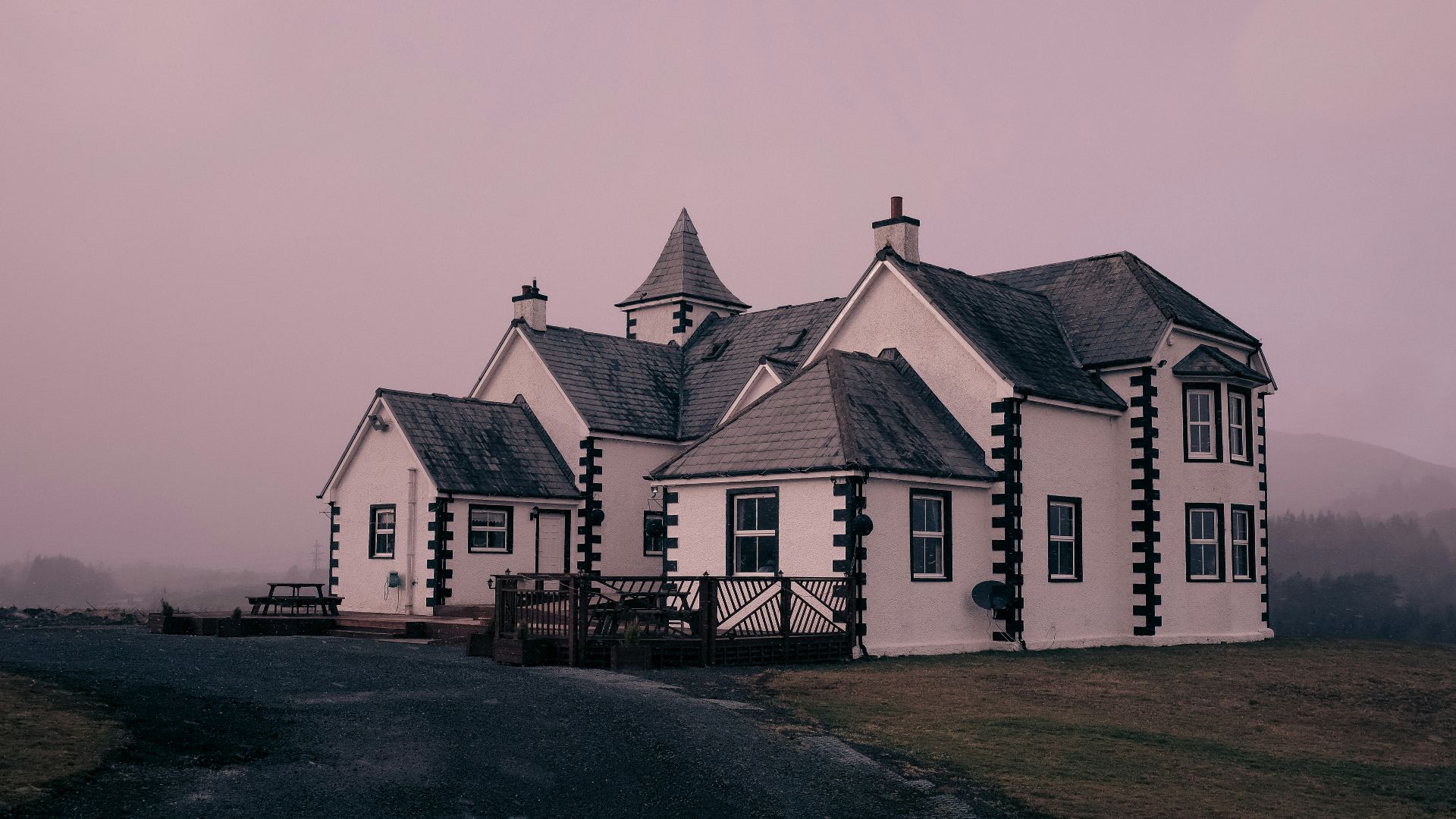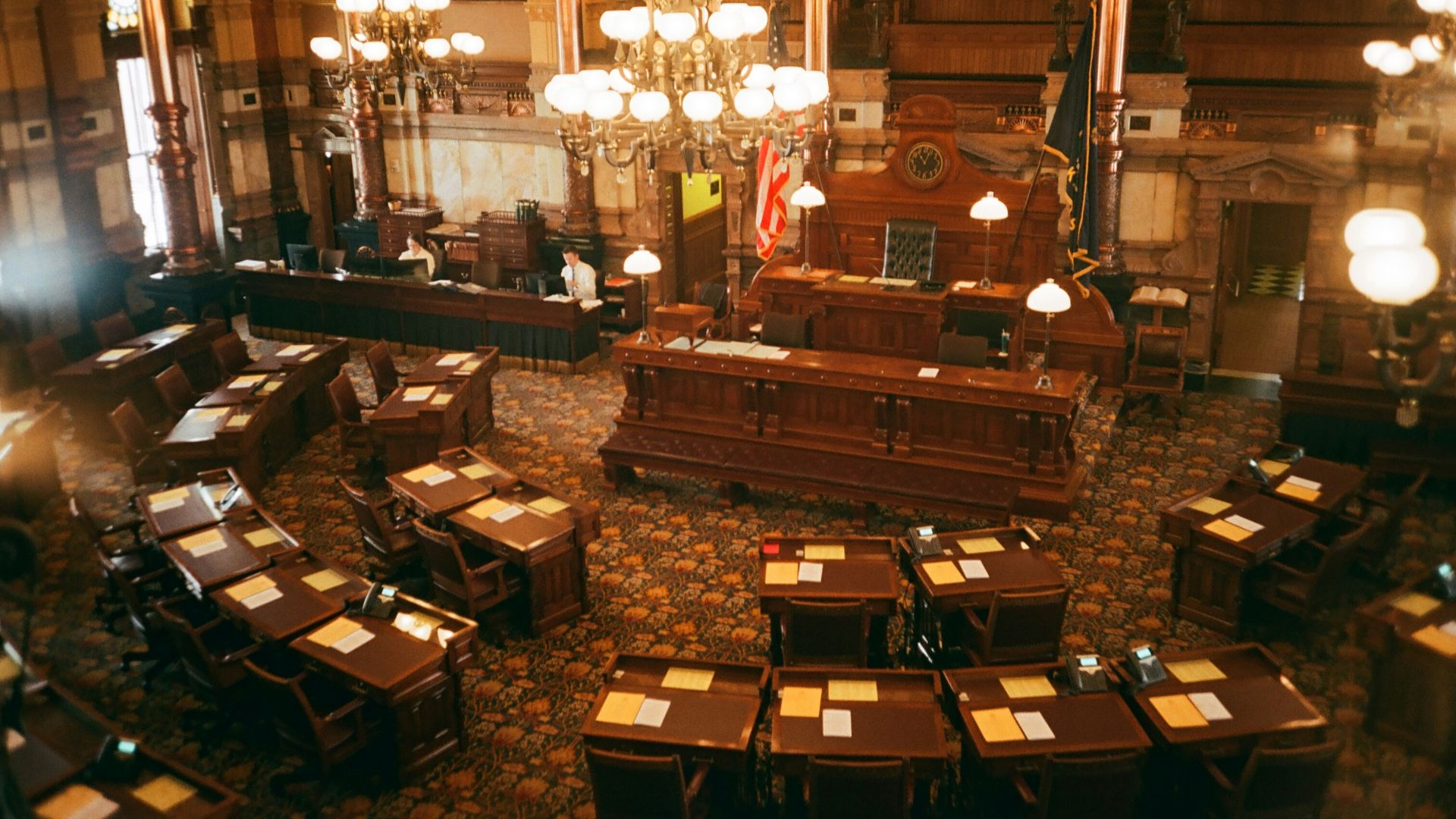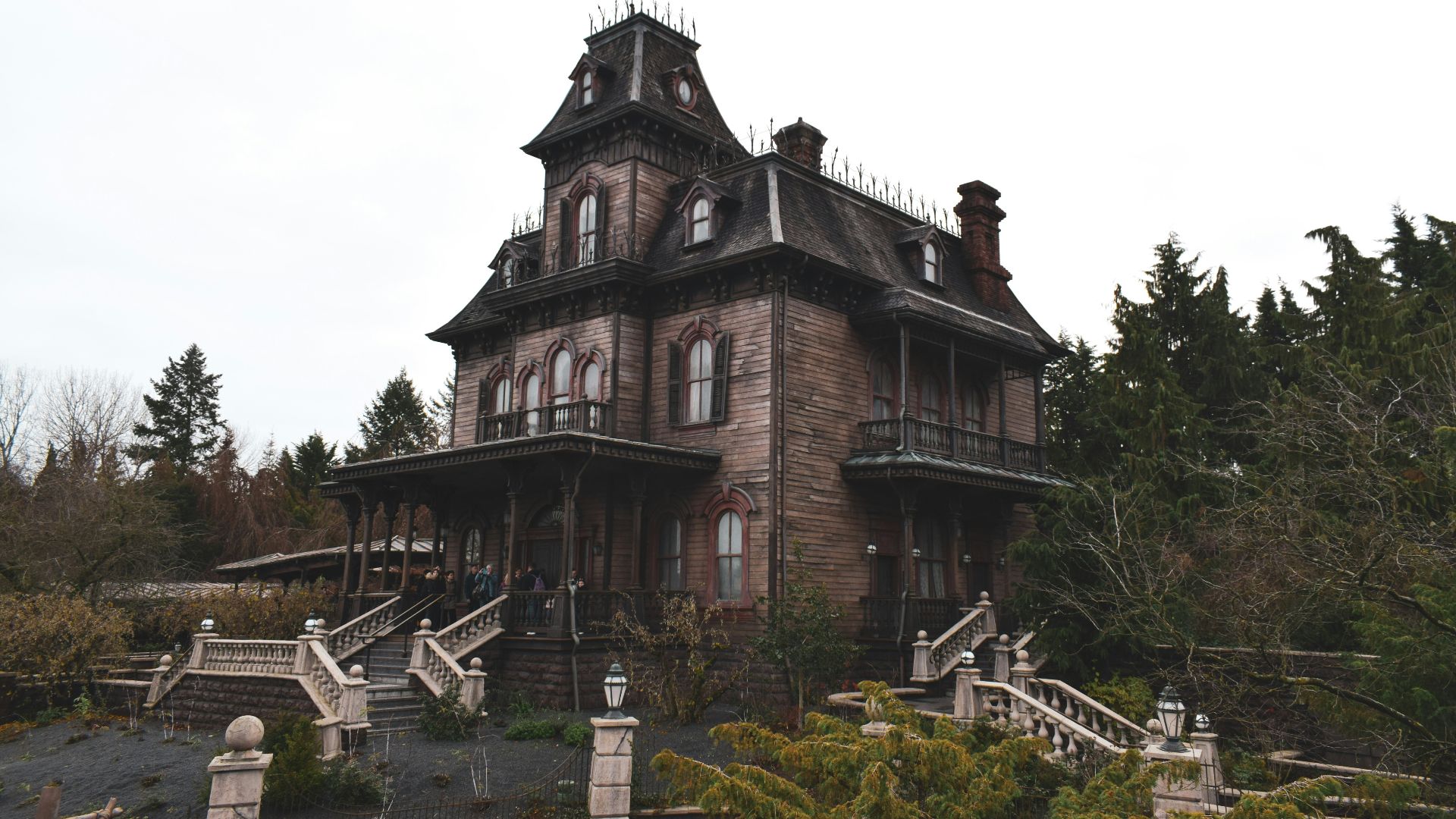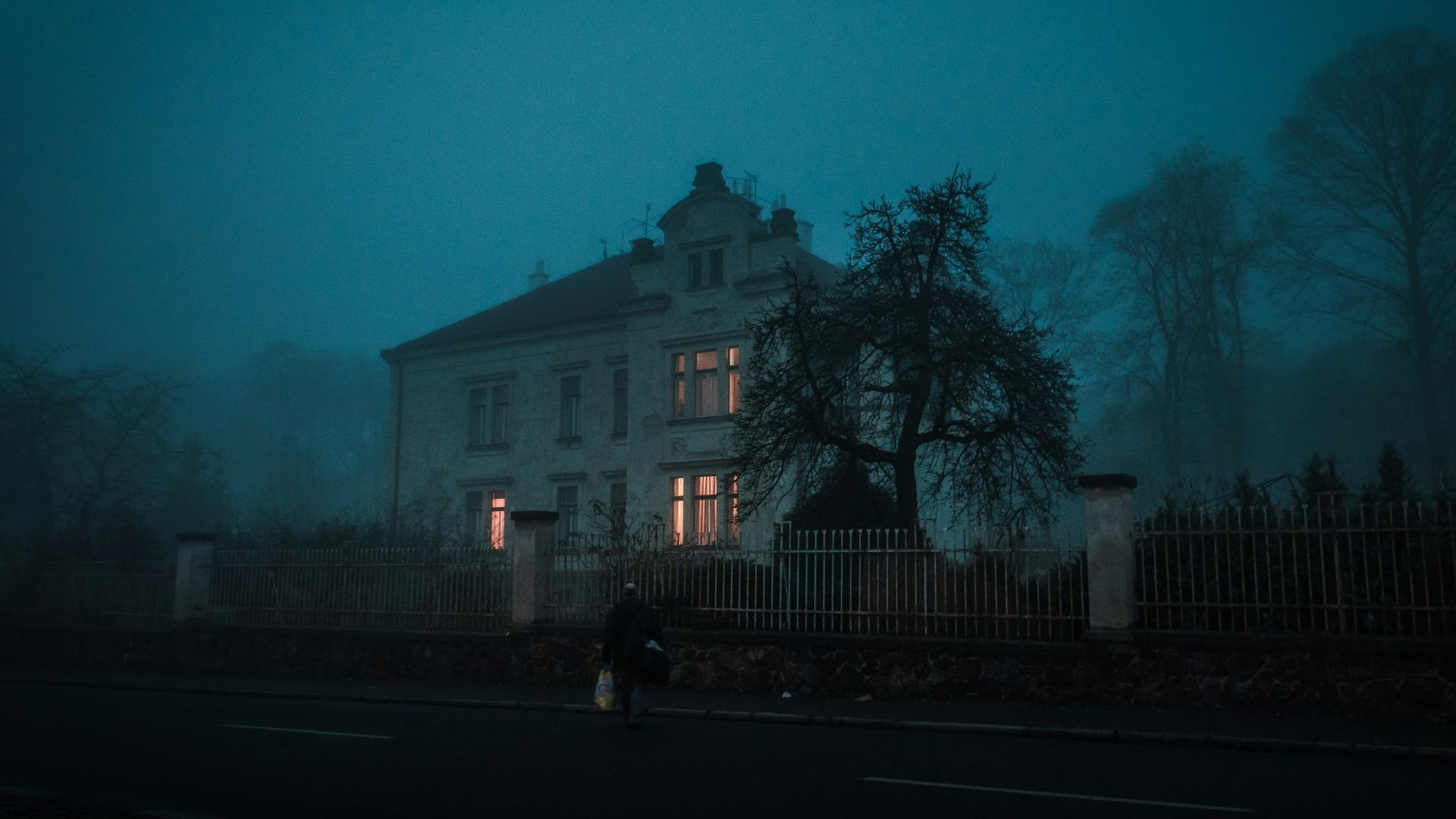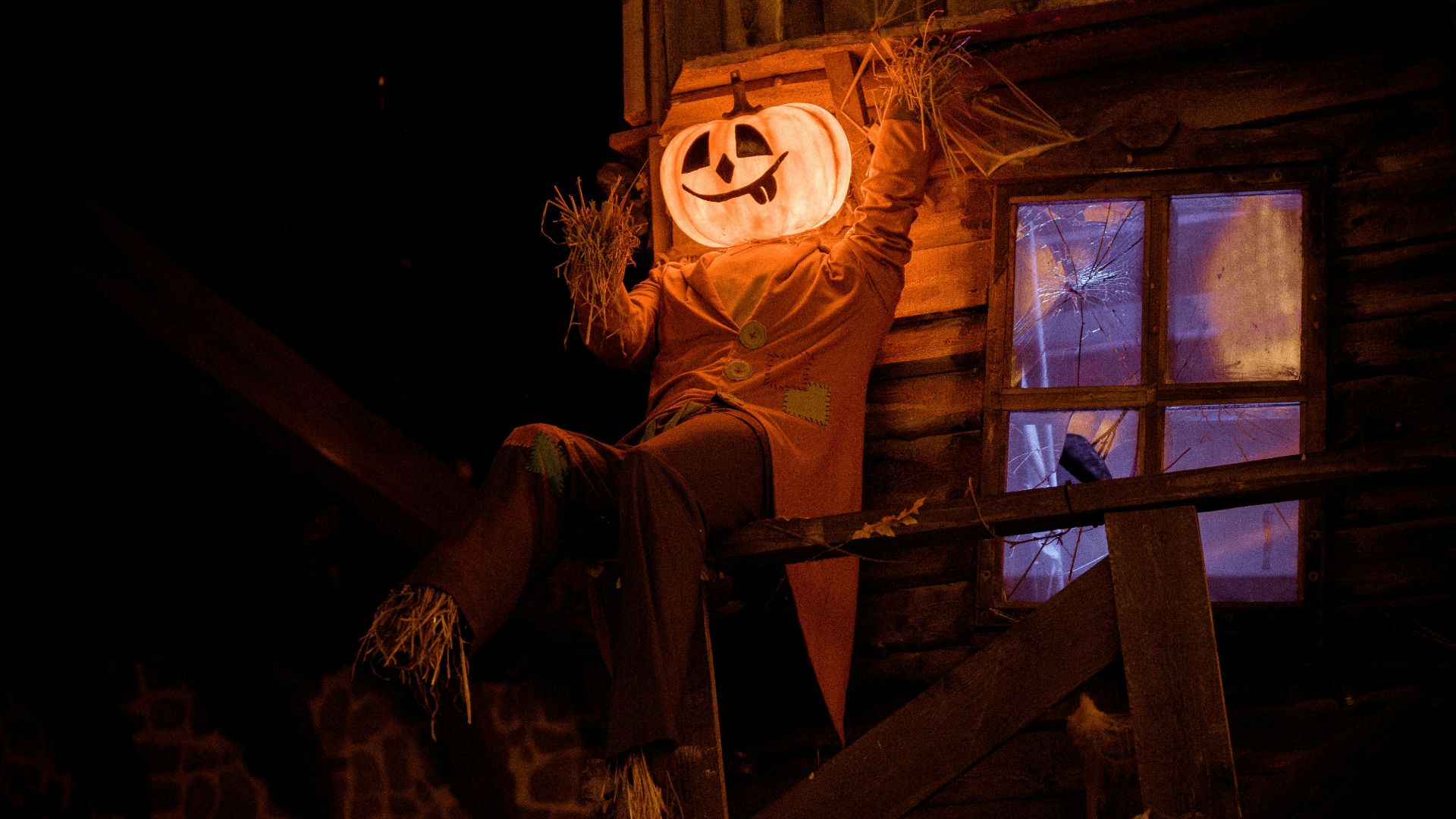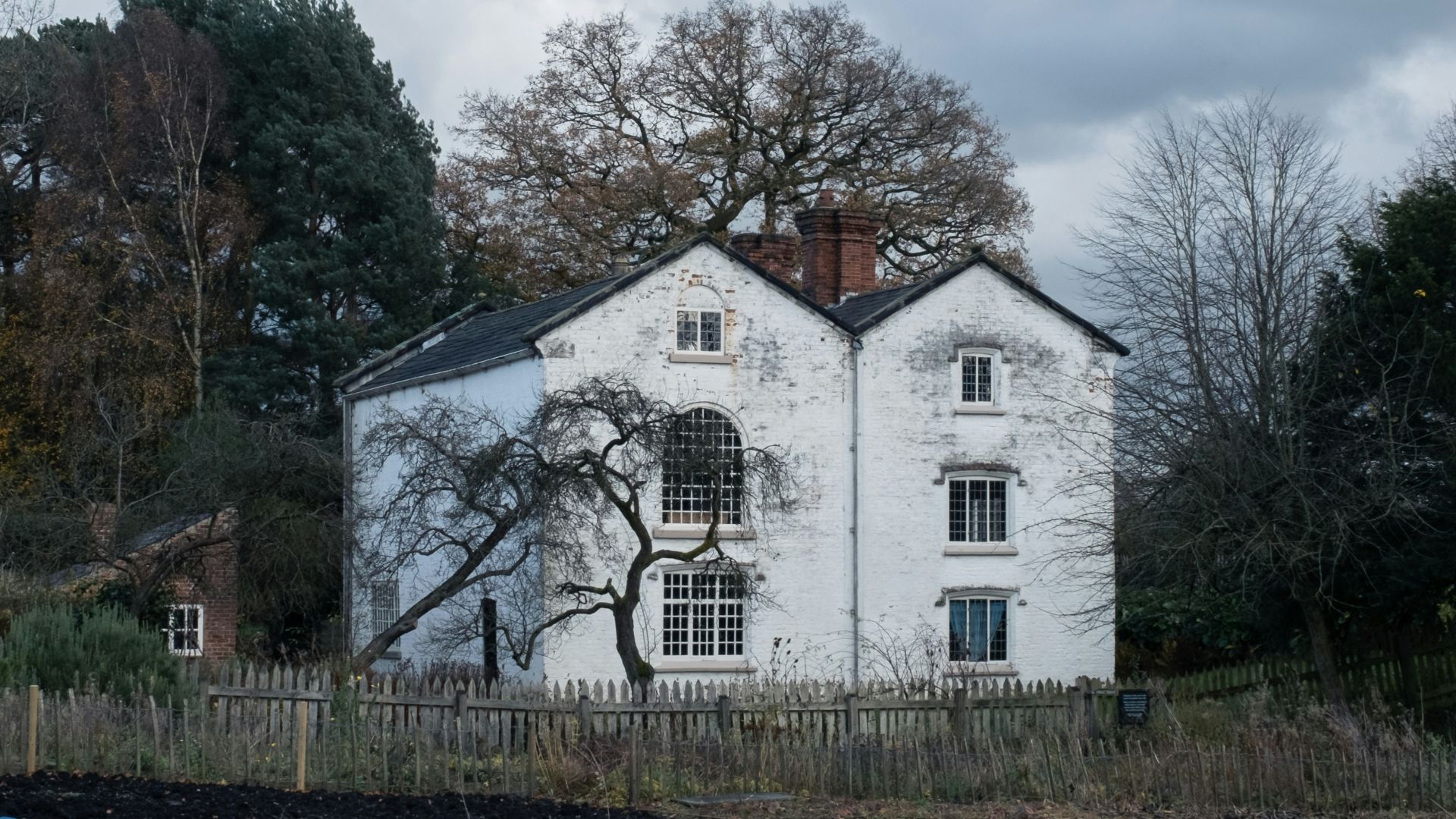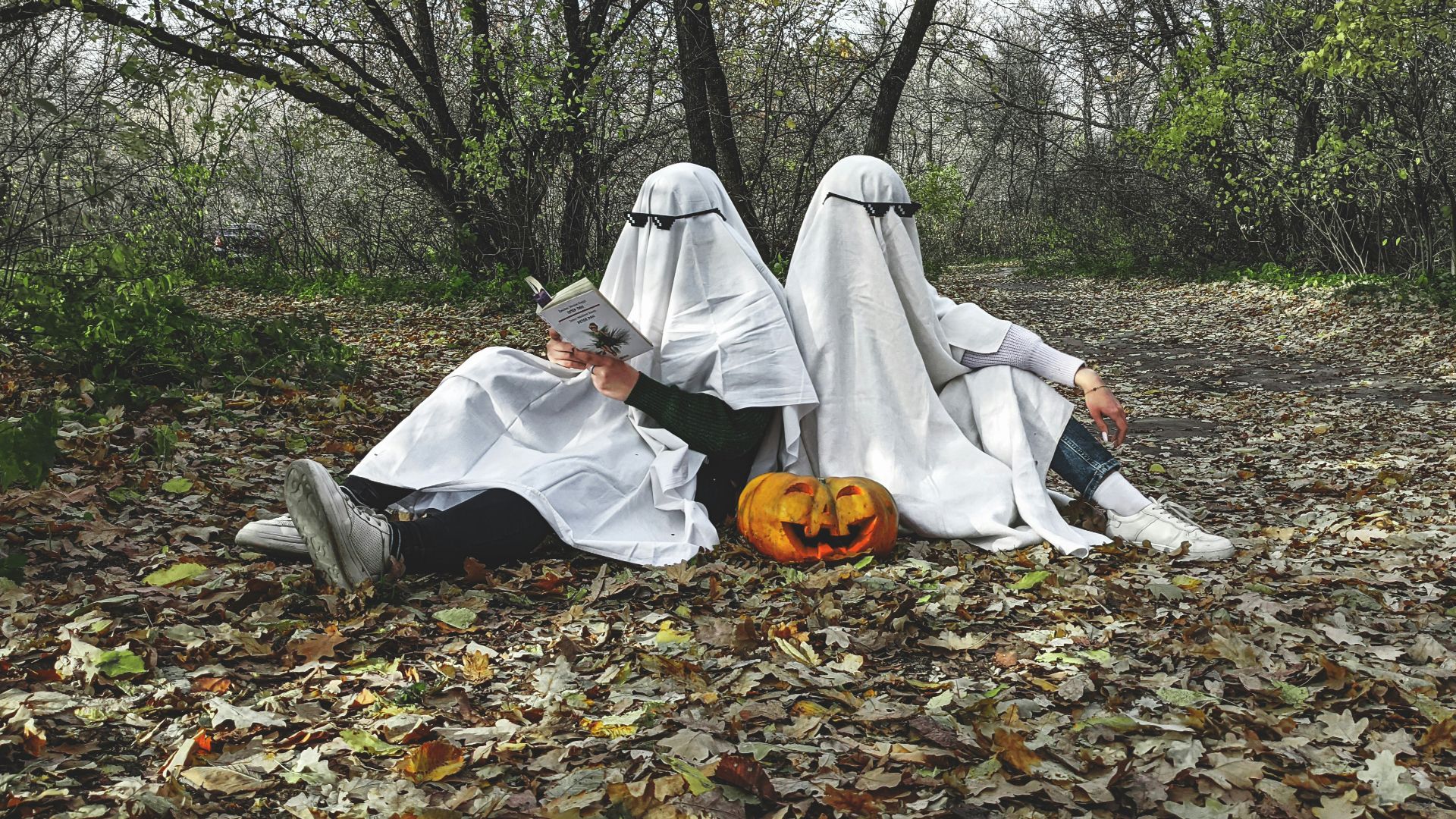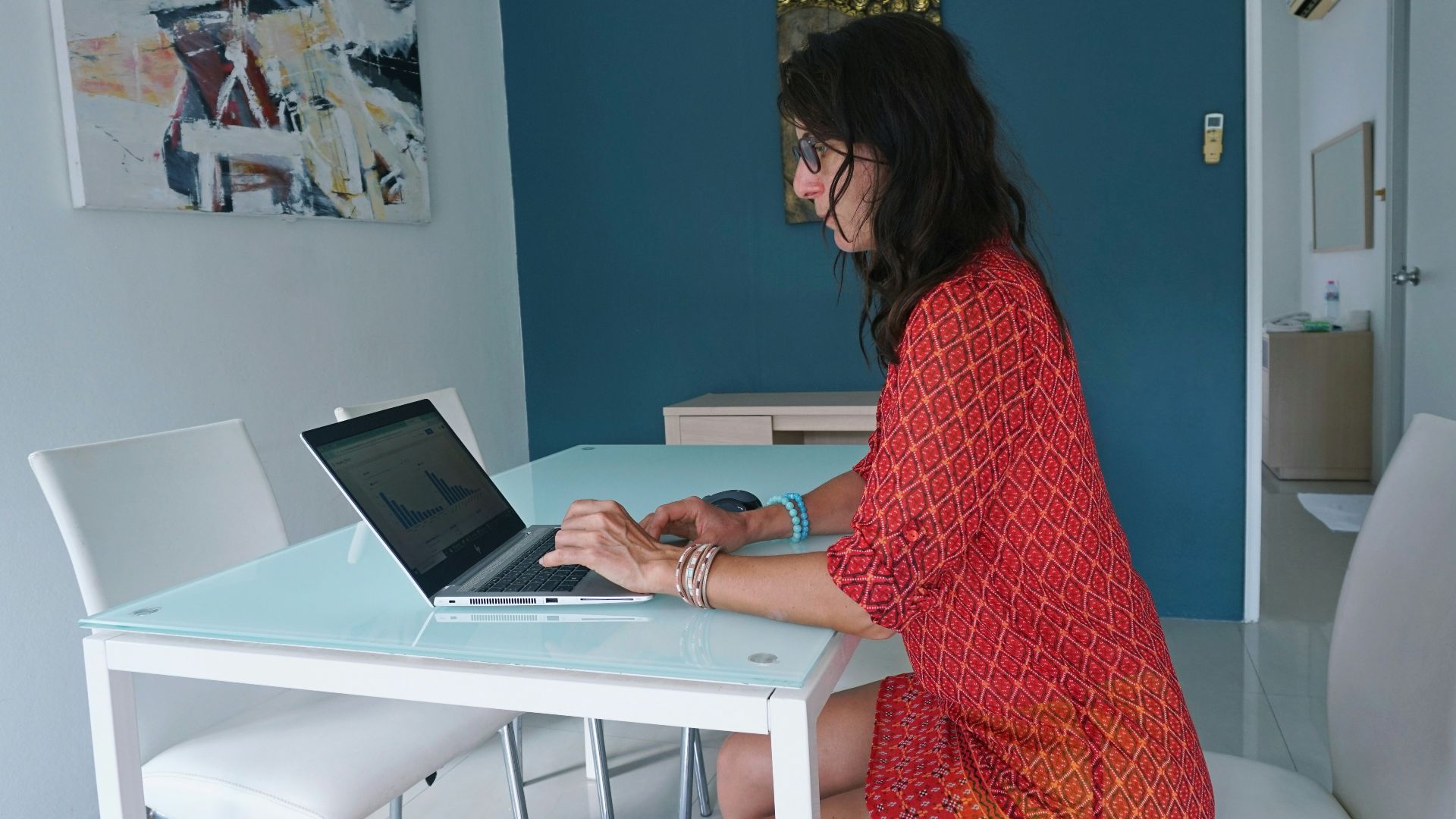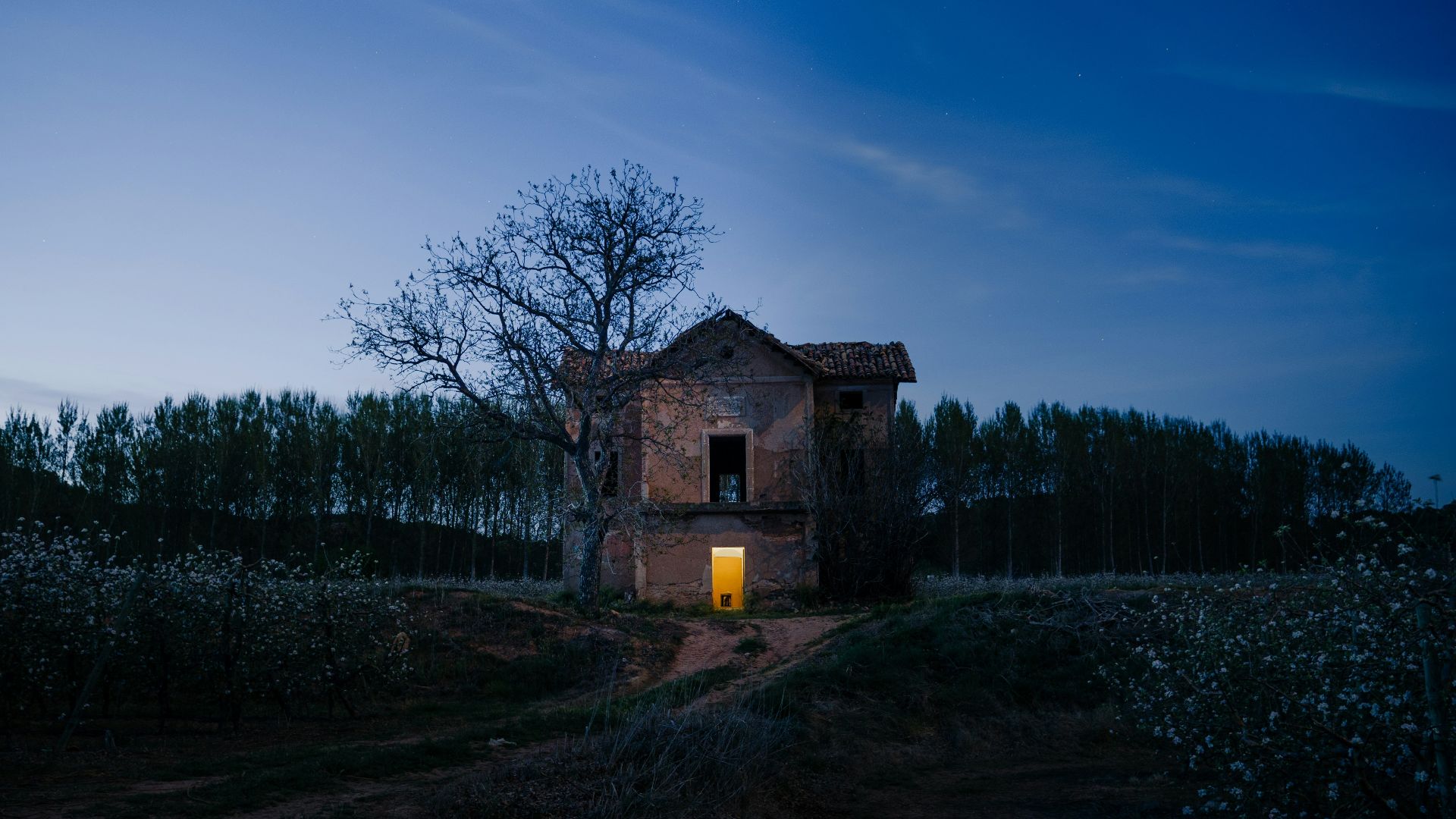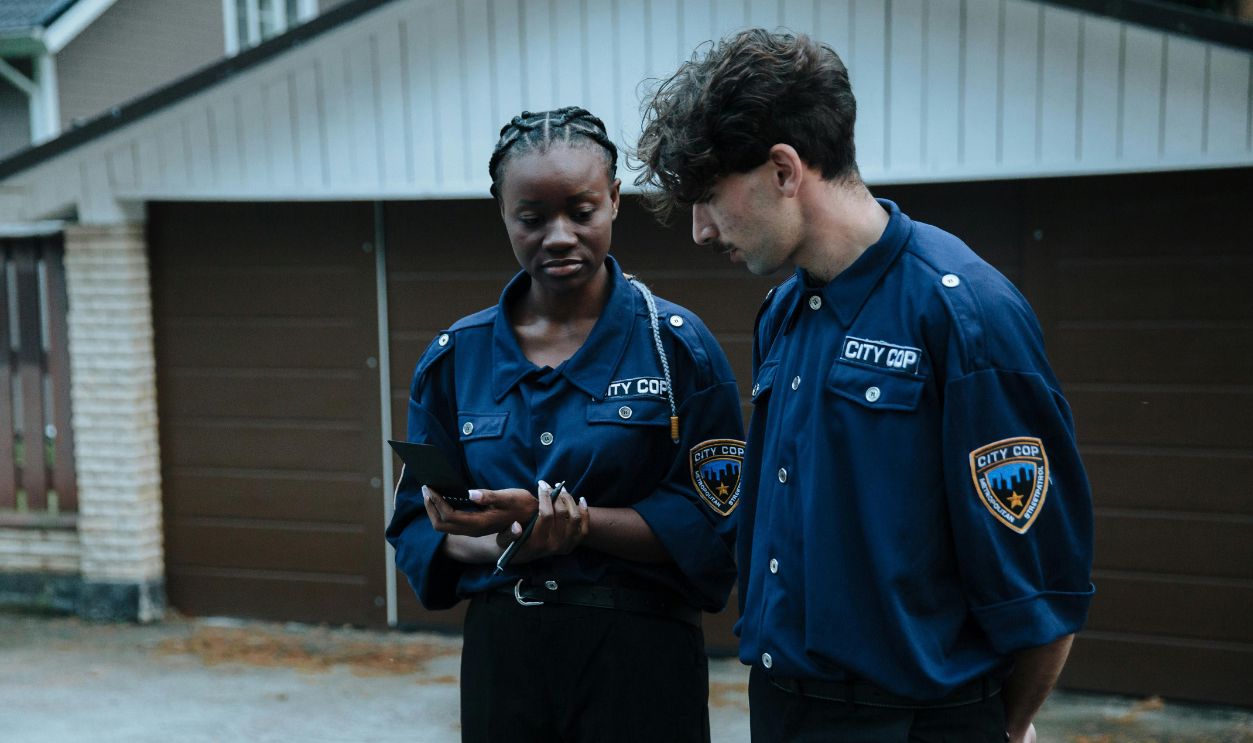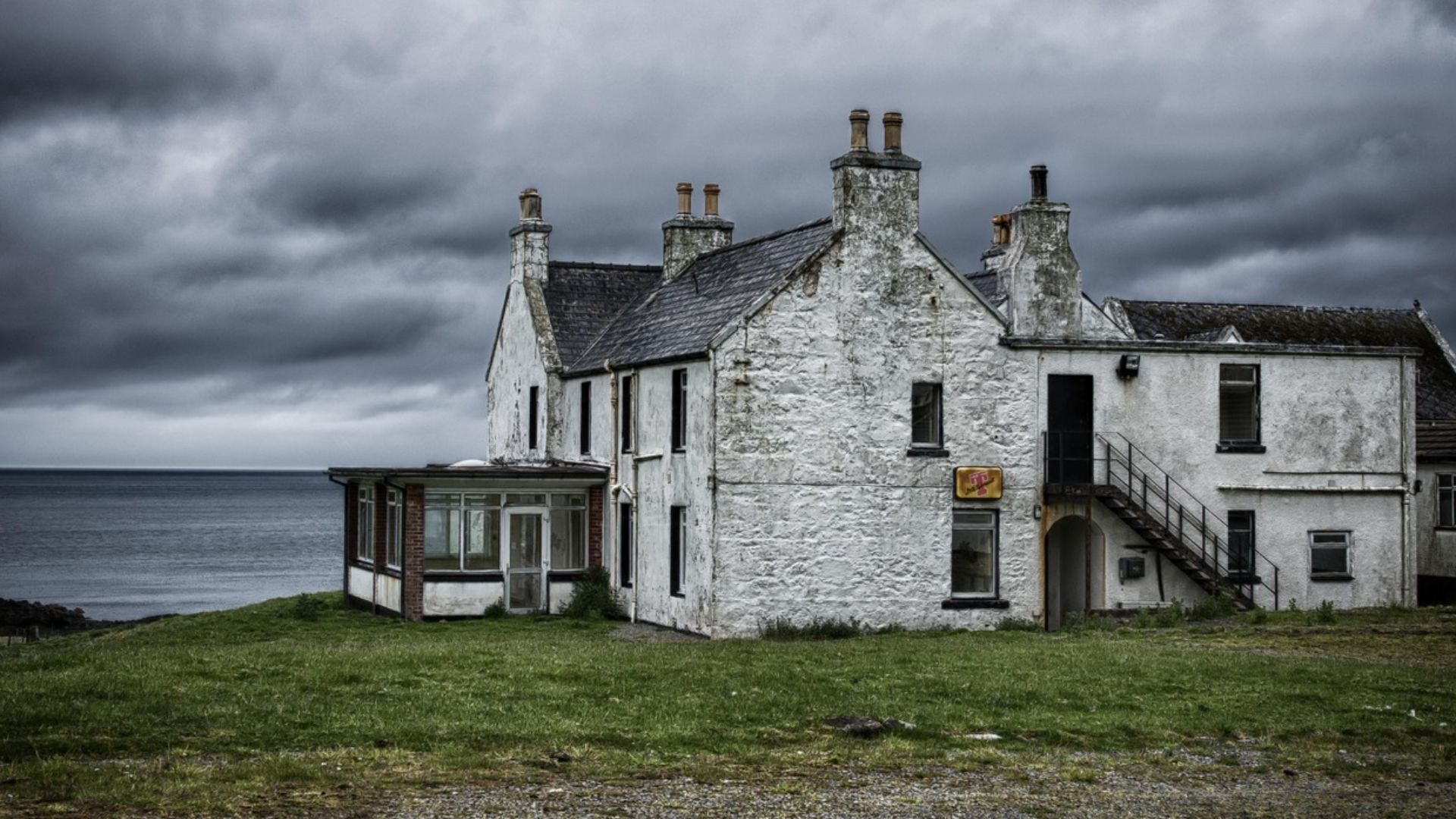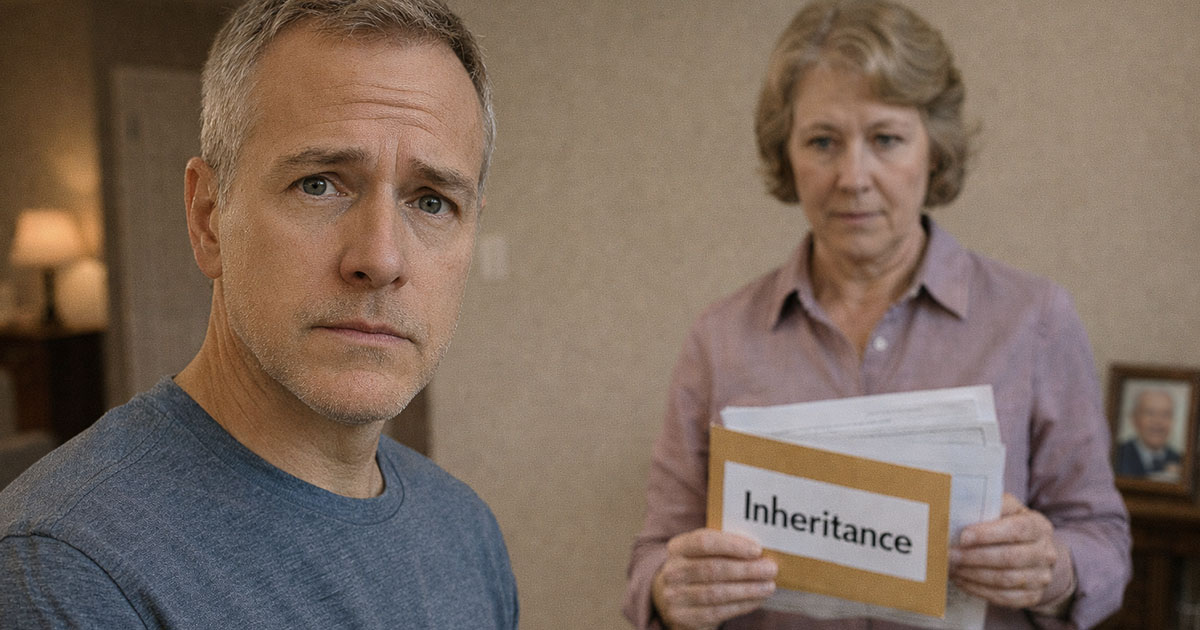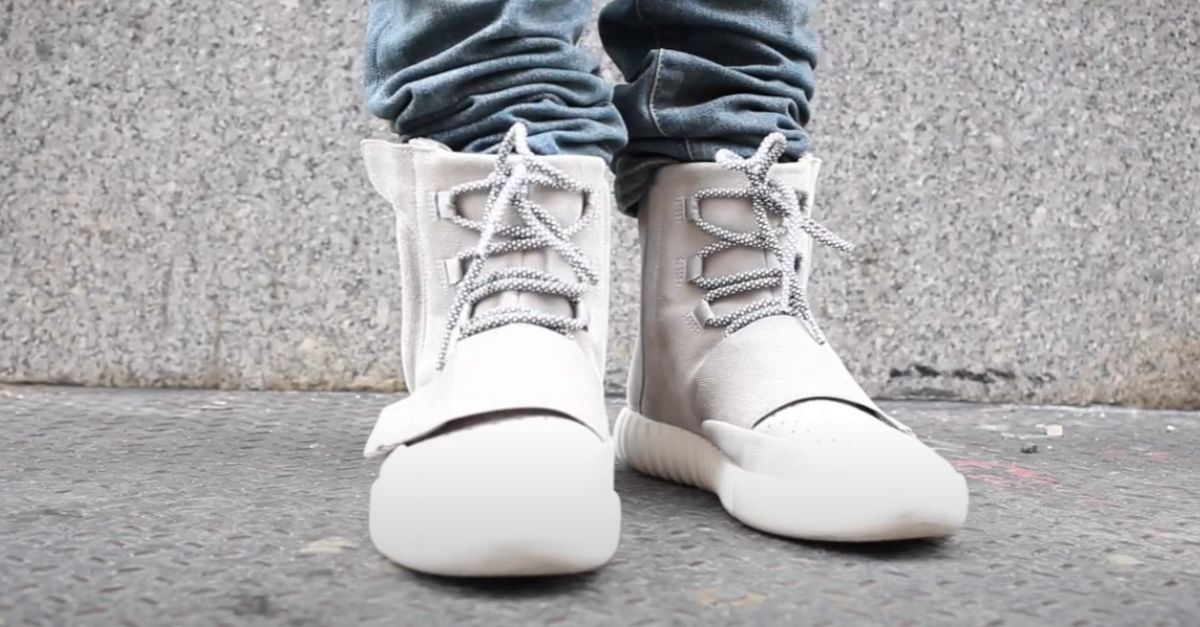A Spooky AirBnB Business Idea Turns Into A Nightmare
Starting a haunted Airbnb might sound like the perfect blend of creepy fun and cash flow—after all, who wouldn’t want to make money off a ghost or two? But when your guests start dialing 911 instead of leaving five-star reviews, your “spooky side hustle” turns into a financial fright show. Running any rental is about balancing profit, risk, and reputation, and when paranormal activity gets in the mix, that balance becomes trickier than ever.
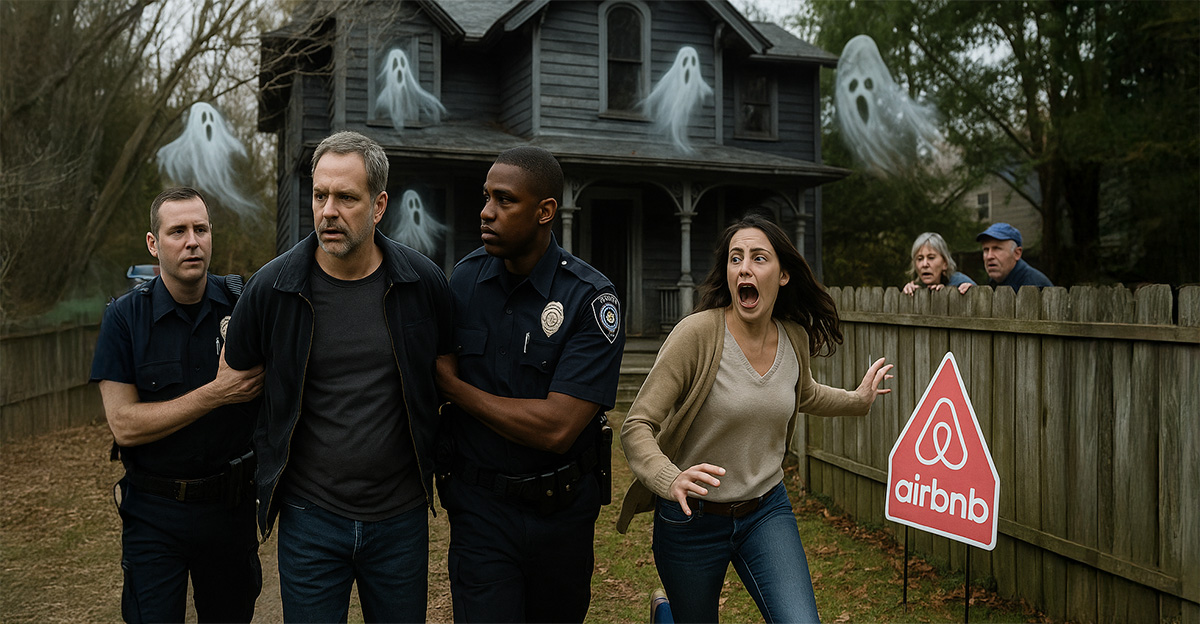
Welcome To The Haunted Investment
So, you’ve bought—or inherited—a spooky old house and thought, “Why not list it on Airbnb?” A brilliant mix of real estate, hospitality, and a dash of horror-movie chic. But then, guests keep calling the cops, and suddenly your “passive income stream” feels more like a thriller you can’t escape.
The Financial Nightmare Begins
Police visits aren’t just embarrassing—they can ruin reviews, tank occupancy rates, and possibly lead to fines or even delisting. In the world of short-term rentals, reputation is currency. If your property is haunted in ways that terrify instead of delight, you’re burning money.
Weighing The Real Costs
First, tally up the numbers: How many canceled bookings? How many refunds? How much potential lost revenue due to bad reviews? Compare that to the costs of rebranding or investing in safety features. Cold, hard math should guide your next steps.
Legal And Liability Concerns
Beyond finances, think liability. If guests are genuinely scared for their safety—paranormal or not—you could face lawsuits. Even frivolous cases can cost you thousands in legal fees. Factor these risks into your financial decision-making.
Is It Actually Haunted Or Just Drafty?
Before you lean into the ghost angle, consider: are guests hearing spooky whispers, or is it just a broken furnace vent? A professional inspection could save you money (and police visits). Sometimes your biggest ghost is deferred maintenance.
The Power Of Disclosure
Airbnb thrives on transparency. If you market your place as “quaint,” but guests get “terrifying,” you’ve misled them. Be upfront in your listing. A well-worded “haunted” disclosure can turn liabilities into selling points for thrill-seekers.
Branding Your Fear Factor
If you commit to the haunted theme, brand it properly. Add eerie décor, quirky disclaimers, and even themed experiences. This could attract a niche market of paranormal enthusiasts willing to pay a premium for goosebumps.
Market Research: The Ghost Economy
Haunted attractions rake in billions every October. Ghost tours, haunted houses, and themed hotels all make money off the supernatural. Done right, your Airbnb could ride that wave—but you’ll need strategy, not just creaky floorboards.
Niche Targeting Over Mass Appeal
Not everyone wants to sleep with shadows moving in the corner. Target thrill-seekers, Halloween tourists, or content creators chasing viral ghost-hunting videos. Focused marketing can keep your occupancy rates up while scaring away the wrong crowd.
Leveraging Seasonal Demand
October could be your Super Bowl. If bookings skyrocket in spooky season, structure your pricing accordingly. Surge pricing during Halloween can offset slower months. Finance rule: lean into your peak season.
When Spooky Becomes Unprofitable
But here’s the rub: if 80% of guests leave early and demand refunds, you’re losing money. Track your cancellation-to-booking ratio. If the financial bleed continues, shutting down might save you more than limping along.
Alternative Business Models
If the haunted Airbnb isn’t sustainable, pivot. Options:
Turn it into a private ghost tour venue.
Rent to film crews shooting horror flicks.
Offer it as an event space for Halloween parties.
Diversification = survival.
Crunching The Numbers Again
Re-run the math after considering pivots. Compare potential revenue streams with ongoing costs like mortgage, utilities, insurance, and property upkeep. Sometimes, the haunted brand is salvageable—sometimes it’s just a money pit.
Tax Implications Of A Haunted House
Yes, even ghosts come with tax implications. Airbnb income is taxable, and so are event revenues. But you may also qualify for deductions: property improvements, repairs, insurance, and marketing costs. Keep records, even of your “haunted” props.
Insurance: Ghost Rider Clause?
Insurance companies don’t cover “paranormal activity,” but they do cover property damage and liability. Call your provider and explain the situation—no need to mention ghosts, but highlight guest safety issues. You’ll need robust coverage.
Neighbor Relations And Reputation
Frequent police calls annoy the neighbors—and that can hurt long-term. If you get reported enough, zoning boards or Airbnb itself may shut you down. Calculate reputational costs as carefully as you do financial ones.
Reviews: Your Digital Currency
One 1-star review can tank bookings for months. If police visits keep appearing in guest reviews, recovery will be expensive—think discounts, refunds, and rebranding campaigns. Protecting reviews = protecting revenue.
Guest Screening Options
Airbnb allows hosts to set stricter requirements—verified IDs, positive past reviews, minimum age. Consider screening to filter out nervous Nellies who might overreact to a bump in the night. The right guest makes all the difference.
Consulting With Paranormal Pros
Believe it or not, paranormal consultants exist. If you lean into the ghost angle, team up with experts who can validate and even market your property. A “certified haunted” Airbnb might pull in higher rates than a generic rental.
The Exit Strategy
If none of the above saves the business, shutting down isn’t failure—it’s strategy. You can sell the property, repurpose it for long-term rentals, or even use it as your own residence. Sometimes walking away preserves capital for your next investment.
 Adrian S Pye , Wikimedia Commons
Adrian S Pye , Wikimedia Commons
Emotional Versus Financial Decisions
It’s easy to romanticize owning a haunted Airbnb—it’s a conversation starter, after all. But don’t let emotions blind you to financial losses. This isn’t about keeping your ghostly dream alive; it’s about protecting your wallet.
Seeking Professional Guidance
A financial advisor can help weigh your specific numbers, while a lawyer can address liability, and a real estate agent can assess resale value. Sometimes the best move is to get experts who aren’t spooked by spreadsheets.
Turning Scares Into Content
If you do decide to keep it, monetize the chaos. Create social media content documenting your haunted hosting adventures. TikTok loves a ghost story, and eyeballs = marketing. Sometimes viral content can offset lower occupancy.
Final Verdict: Shut It Down Or Double Down?
Ultimately, your haunted Airbnb can be a goldmine or a graveyard for your finances. The deciding factor is simple: if revenue outweighs costs—even with police cameos—keep it. If not, cut your losses and let the ghosts have the place.
Ghosts Don’t Pay Rent, But You Should Get Paid
Remember, your property is an investment tool, not just a haunted curiosity. Treat it like a business. Because at the end of the day, ghosts may not pay rent—but your mortgage lender definitely expects their cut.
What Would You Do With Your Haunted AirBnB?
At the end of the day, your haunted Airbnb is only as good as its bottom line. If it’s bringing in steady revenue—even with a few ghostly hiccups—you may have a quirky niche business on your hands. But if constant police visits, refunds, and angry reviews are draining your wallet faster than a phantom through the walls, it’s time to pivot or walk away. Remember, ghosts don’t pay rent—but you can still make sure your investment isn’t a financial horror story.
 Photo By: Kaboompics.com, Pexels
Photo By: Kaboompics.com, Pexels
You May Also Like:
How To Pick Stocks, According To Warren Buffett
How This 25-Year-Old Makes $7,000 Per Month As Her Side Hustle

